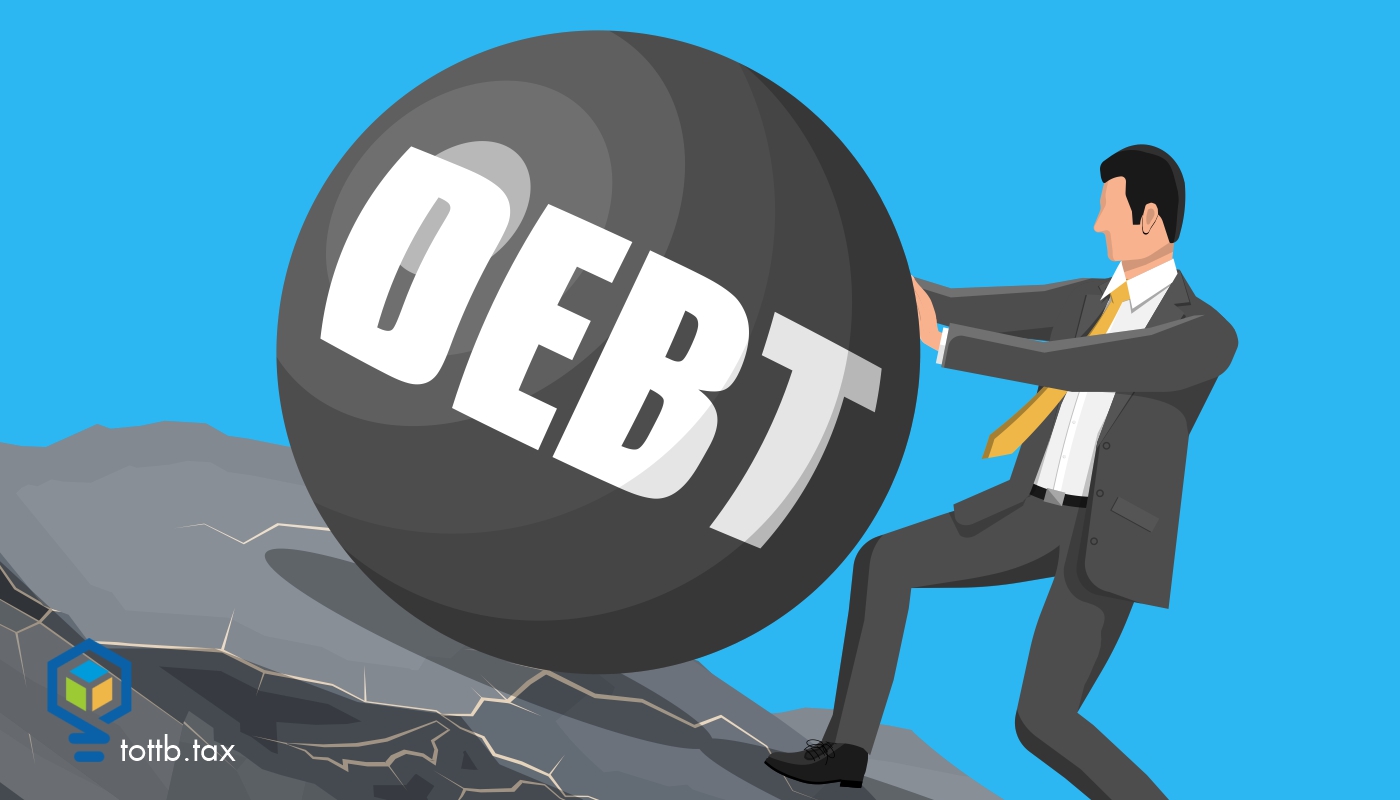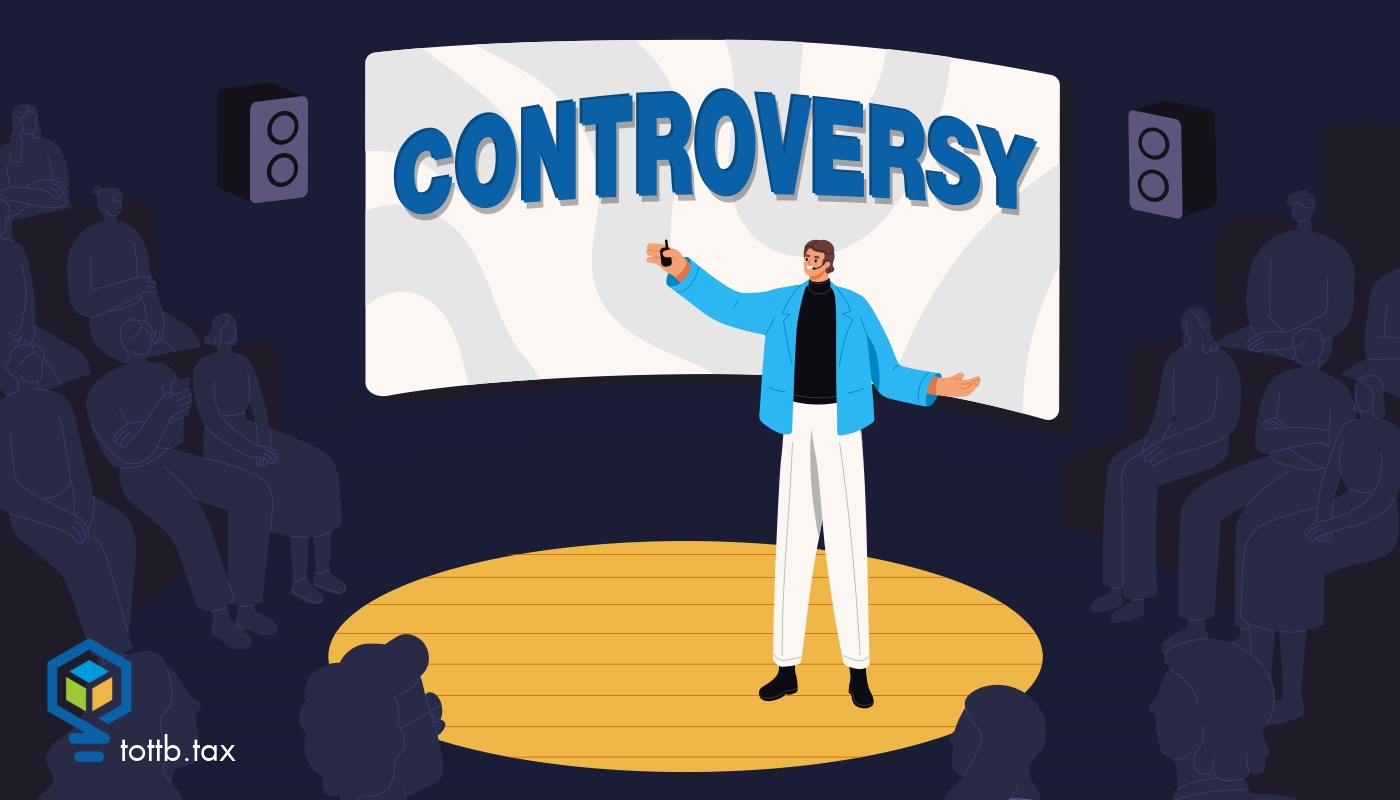Inflation Reduction Act Clean Vehicle Credit
Get $7,500 when you buy your Telsa with this new tax credit. President Biden signed the Inflation Reduction Act (IRA) on August 16th, 2022, and the misinformation started circulating almost immediately. I’ve seen it, you’ve seen it, and this means that our clients have seen it as well. It’s our job to help them navigate these new laws to help them maximize their tax savings.
Taxpayers have been able to save on their taxes by buying an electronic vehicle (EV) since 2008 . So, the tax savings are nothing new.
How the tax savings work has been completely revised under the IRA. That’s where you come in as an expert advisor. The maximum credit for all clean vehicles is now $7,500. A new credit was even added under the IRA to make used EVs eligible for a tax credit.
But here is the thing, battery size no longer matters. The assembly, production, and taxpayer income does matter. Not understanding the changes made to Section 30D can cost you and your client. Your client can pay an unexpected additional $7,500 at tax time and you lose a client. Or you can stay the hero, saving them $7,500.
I want you to stay the hero so let’s look at the qualifications for the $7,500 under the Inflation Reduction Act.
Read More











